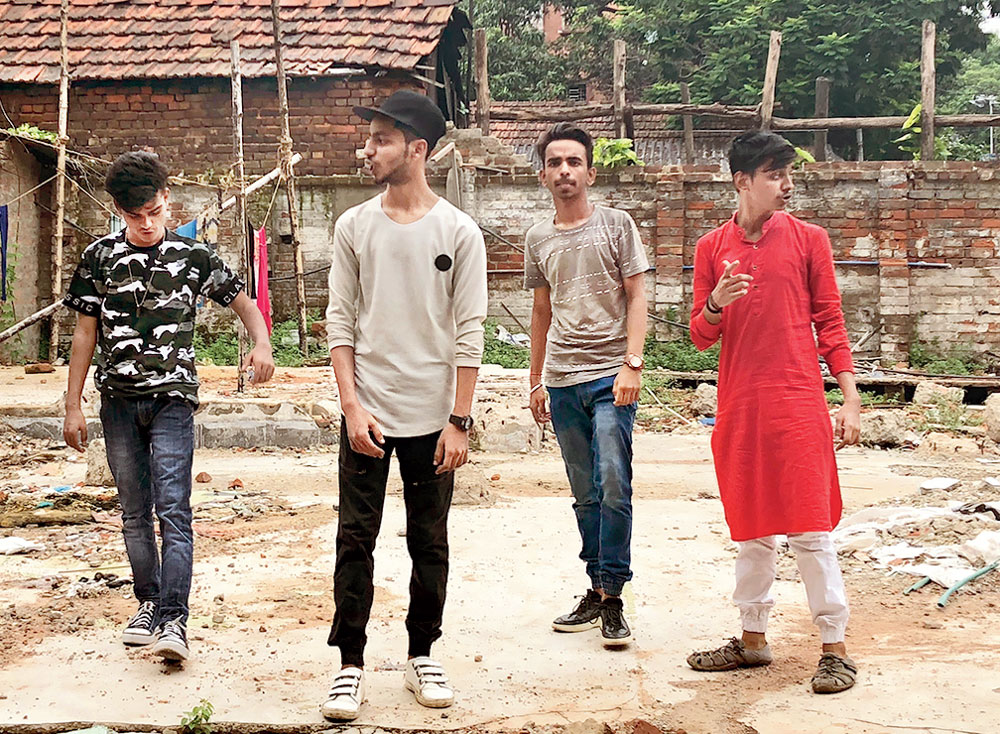The Gauls, puritan sport-lovers would now concur with the creator of Asterix, are indeed crazy. Organizers of the Paris Olympics — this truly global event is scheduled to take place in 2024 — have proposed to the International Olympic Committee that breakdancing, a rather athletic form of street dancing, be included in the Games. India, which is in the habit of diligently returning with a near-empty medal kitty from the competition every four years, would be hoping that the IOC gives its nod to the French request. The head of the French organizing team insists that breakdancing would make the tournament ‘urban’ and ‘artistic’. India’s concerns, in all probability, would be far more practical. If breakdancing does make the cut, India would be assured of gold. Is not every bhashaan, the immersion procession of deities in this part of the world, witness to all kinds of mysterious gyrations, including the para version of breakdancing?
Of course, the Olympics has a long tradition of thumbing its nose at puritanism. It has been markedly accommodating in its approach towards the avant-garde in sport, even though the consequences have been quite comical at times. In 1900, the French were at it again. Croquet, a quintessentially British recreational activity, was included in the Olympic Games hosted by France. Even though one ticket was apparently sold for the event — is that why croquet was axed in the subsequent editions of the competition? — the French had no reasons to complain. All the 10 competitors were from France, assuring the country of the honours. Breakdancing, if it does feature in the Games five years later, is unlikely to be a cakewalk for India, its expertise in the matter notwithstanding. For this form of dance, which became popular among Afro-American people in the late 1960s and early 1970s, is now a globally recognized activity.
But recognition has not led to affluence or even respect for its practitioners. A number of performers — sportsmen of the future? — struggle to make ends meet. It is not as if the world of performing arts is immune to such discrimination. Certain forms of artistic traditions have a long history of struggle behind them. Breakdancing, too, has been a bit of a pariah. Could that be attributed to the fact that much like the Blues, breakdancing evolved within, and was perfected by, an ethnic constituency that still finds itself on the margins in the United States of America?
Over the years, the Olympics has challenged peripherality and exclusion by serving as a platform for voices of the oppressed — be it a game or a race. Croquet’s temporary inclusion or the iconic ‘black power salute’ in 1968 — a testimony to racial prejudice prevalent in the US — bears evidence of the Olympic’s truly inclusive spirit. Breakdance’s acceptance in Olympics — the conscientious would be hoping for its admittance — would earn the Games yet another medal.











